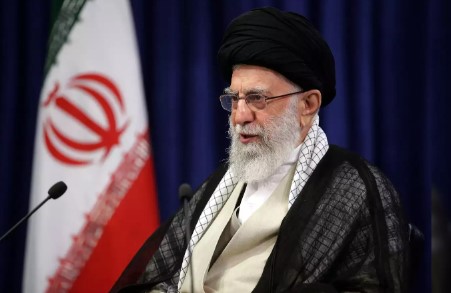Tensions have escalated as Iranian supreme leader Ayatollah Ali Khamenei has issued a direct attack order against Israel in response to the assassination of Hamas leader Ismail Haniyeh in Tehran. This directive emerged from an urgent meeting of Iran’s Supreme National Security Council on Wednesday, with details reported by the New York Times.
The killing of Haniyeh, who was in Tehran for the inauguration of Iran’s new president, has been attributed to Israel by both Iranian and Hamas sources. Israel, currently engaged in conflict with Hamas in Gaza, has neither confirmed nor denied involvement in the assassination.
Historically, Israel has been linked to covert operations abroad, including targeted killings of Iranian military personnel and nuclear scientists, as noted by the NYT.
Iran, having sought to apply pressure on Israel through its regional allies and proxy forces without igniting a full-scale war, had previously launched a substantial missile and drone attack on Israel in April. This retaliation came after an Israeli strike on its Damascus embassy compound, which resulted in Iranian military casualties.
The Iranian military is now considering a new offensive strategy that includes a combination of drone and missile strikes on military targets near Tel Aviv and Haifa. They are also exploring coordinated attacks with allied forces from Yemen, Syria, and Iraq.
Khamenei, who has the ultimate say in military matters, has instructed commanders to prepare for both offensive actions and potential defensive measures in case of further escalation by Israel or the US.
In his public remarks about Haniyeh’s death, Khamenei framed the retaliation as a necessary duty, emphasising the attack occurred on Iranian soil and warning that Israel had set itself up for severe consequences.
Iranian officials, including President Masoud Pezeshkian and various State bodies, have reinforced the commitment to retaliate, asserting the country’s right to defend its sovereignty.
The assassination has been a significant embarrassment for Iranian security, occurring at a highly secure Revolutionary Guards facility. Analysts suggest that Iran’s planned retaliation serves to both avenge Haniyeh’s death and deter future Israeli actions against high-profile figures.
Ali Vaez from the International Crisis Group highlights that Iran’s response is driven by a need to defend its sovereignty and preserve its regional credibility amid escalating tensions.

















